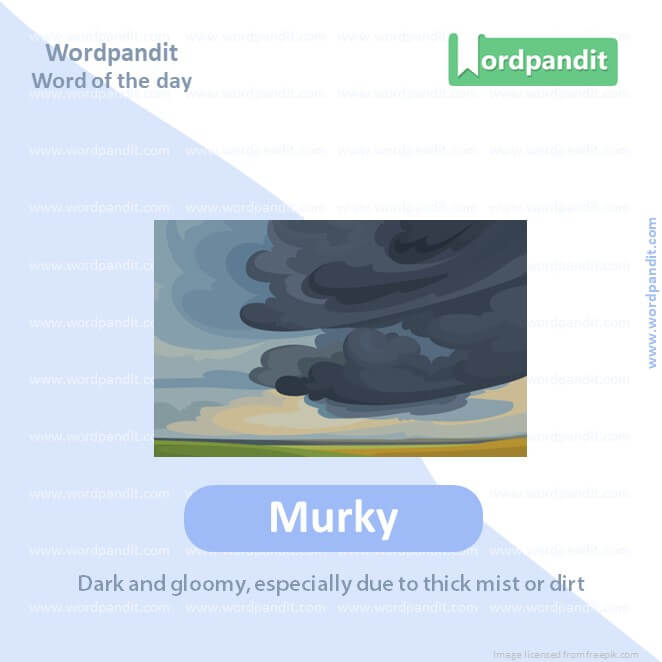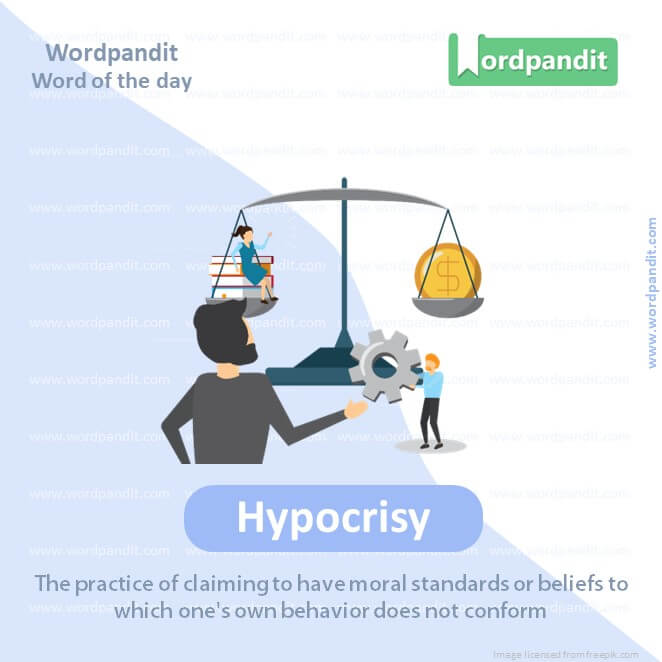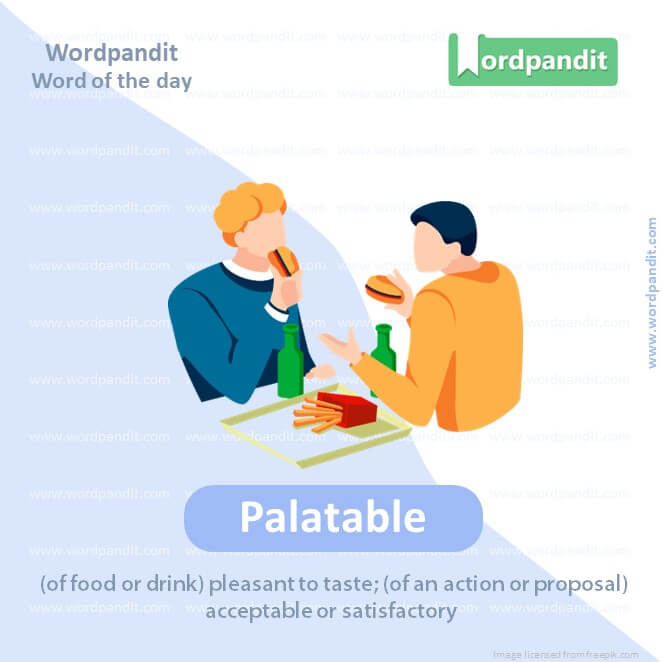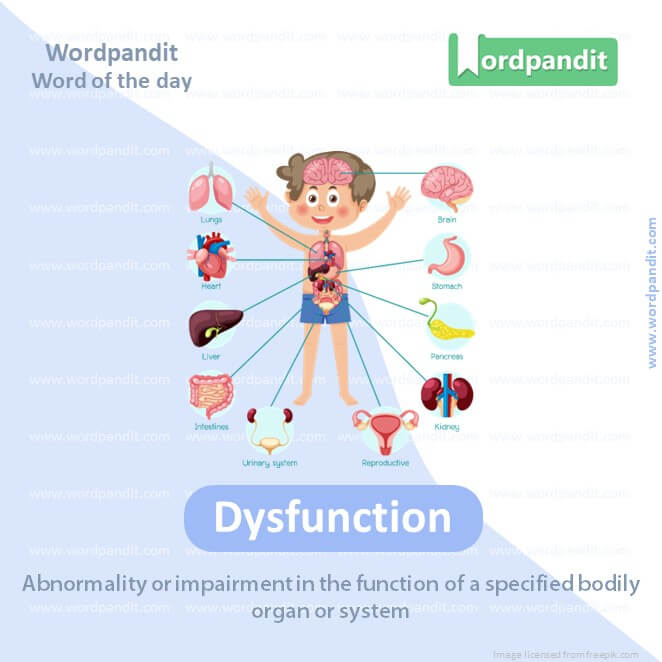Daily Vocabulary Words: List of Daily Used Words in Leading Indian Newspapers
Hi there. Welcome to this special section @ Wordpandit. Our endeavour here is straightforward: highlighting daily vocabulary words that you would come across in leading newspapers in the country. We have included the following newspapers in our selection:
• The Times of India
• The Economic Times
• Hindustan Times
• Mint
• Indian Express
We are putting in extensive work to develop your vocabulary. All you have to do is be regular with this section and check out this post daily. This is your repository of commonly used words; essentially, we are posting a list of daily used words. Hence, this has significant practical application as it teaches you words that are commonly used in leading publications mentioned above.
Visit the website daily to learn words from leading Indian newspapers.

Word-1: Thwart
Meaning: Prevent (someone) from accomplishing something.
Synonyms: Obstruct, block, hinder, stymie, foil, frustrate, hamper, impede, baffle.
Usage Examples:
1. The team’s efforts were thwarted by bad weather.
2. She was determined not to let him thwart her plans.
3. An unforeseen obstacle thwarted our journey.
4. The security measures were implemented to thwart any potential threats.

Word-2: Murky
Meaning: Dark and gloomy, especially due to thick mist or dirt.
Synonyms: Dim, shadowy, darkened, cloudy, overcast, gloomy, dusky, misty.
Usage Examples:
1. The water was so murky that you couldn’t see the bottom.
2. The details of the case remain murky.
3. We walked through the murky woods at night.
4. The room was filled with a murky haze from the smoke.
Word-3: Subservient
Meaning: Prepared to obey others unquestioningly; less important; subordinate.
Synonyms: Submissive, obedient, compliant, acquiescent, deferential, docile, passive, meek.
Usage Examples:
1. He was always subservient to his manager’s demands.
2. In that culture, wives were expected to be subservient to their husbands.
3. The department has a subservient role in the company’s hierarchy.
4. She displayed a subservient attitude, never challenging her superior’s decisions.
Word-4: Novice
Meaning: A person new to or inexperienced in a field or situation.
Synonyms: Beginner, tyro, neophyte, greenhorn, rookie, newcomer, fledgling, trainee.
Usage Examples:
1. As a novice in the culinary world, she was eager to learn new techniques.
2. He was a novice in the world of digital marketing.
3. The monastery accepted those who wished to live as novices.
4. Even a novice can see that the system has flaws.

Word-5: Hypocrisy
Meaning: The practice of claiming to have moral standards or beliefs to which one’s own behavior does not conform.
Synonyms: Insincerity, pretense, duplicity, deceit, dishonesty, mendacity, sham, double-dealing.
Usage Examples:
1. The politician’s hypocrisy was evident when he was caught doing what he had previously condemned.
2. Many people saw the company’s environmental campaign as sheer hypocrisy.
3. The religious leader’s life was full of hypocrisy.
4. She was tired of her friend’s hypocrisy and decided to confront her.

Word-6: Palatable
Meaning: (of food or drink) pleasant to taste; (of an action or proposal) acceptable or satisfactory.
Synonyms: Tasty, appetizing, flavorful, delectable, savory, acceptable, agreeable, satisfactory, tolerable.
Usage Examples:
1. The sauce made the dish more palatable.
2. The changes they suggested made the deal more palatable to investors.
3. The music was palatable to listeners of all ages.
4. The company made its terms more palatable by offering flexible payment options.

Word-7: Dysfunction
Meaning: Abnormality or impairment in the function of a specified bodily organ or system.
Synonyms: Malfunction, disorder, abnormality, irregularity, disturbance, derangement, breakdown.
Usage Examples:
1. The family’s dysfunction became evident during the holidays.
2. There’s a dysfunction in the company’s internal communication.
3. The doctor diagnosed her with a thyroid dysfunction.
4. The device went out of order due to an electronic dysfunction.
Word-8: Dire
Meaning: Extremely serious or urgent.
Synonyms: Grave, urgent, acute, critical, desperate, severe, extreme, dreadful.
Usage Examples:
1. The country is in dire need of food and medicine after the disaster.
2. He gave a dire warning about the consequences of climate change.
3. If we don’t act now, the company will face dire financial consequences.
4. They were in dire straits after the hurricane destroyed their home.
Word-9: Detract
Meaning: Diminish the worth or value of (a quality or achievement).
Synonyms: Diminish, lessen, reduce, undermine, weaken, devalue, belittle, depreciate, deprecate.
Usage Examples:
1. The scandal did not detract from his reputation as a respected scientist.
2. The flawed paint job detracts from the beauty of the mural.
3. The missing button didn’t detract from the overall appeal of the dress.
4. Although the team played well, individual mistakes detracted from their overall performance.













